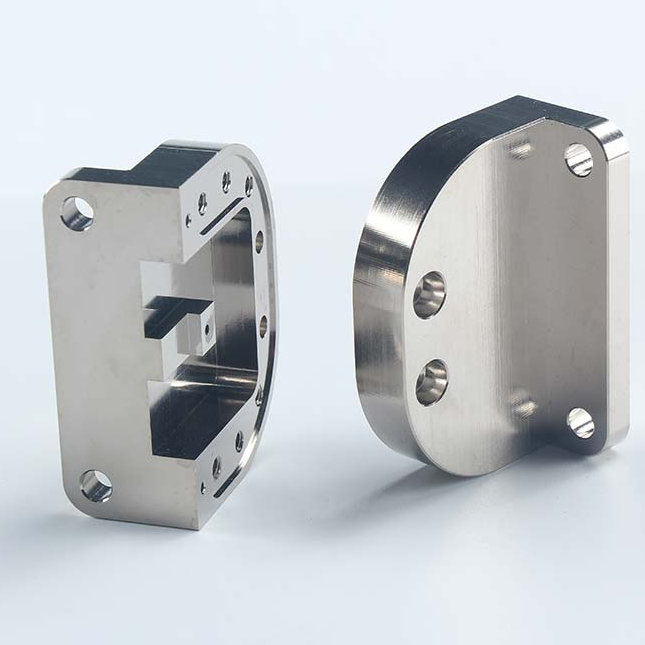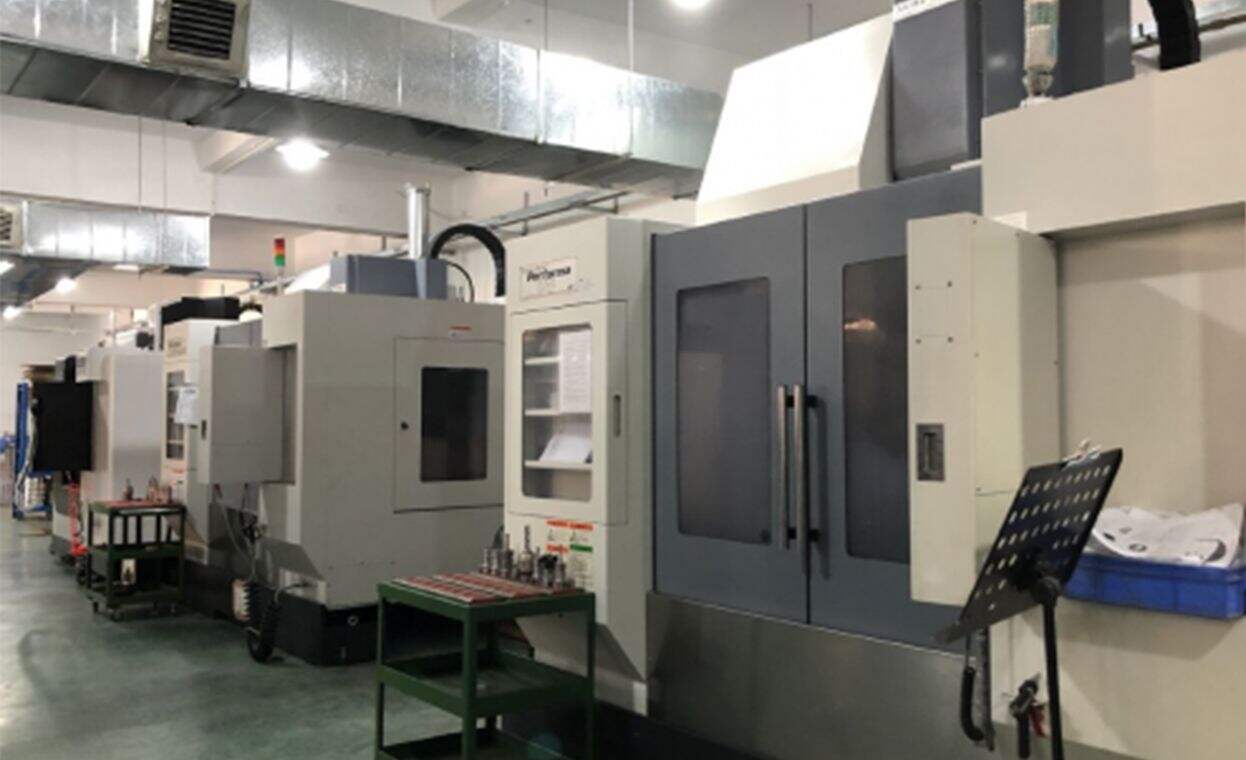
Part manufacturing involves utilizing cutting-edge technologies such as CNC machining, additive manufacturing and metal forming to produce parts with micron-level tolerances. The process begins with careful material selection, progresses through complex design and prototyping stages, and culminates in mass production, maintaining consistent quality across millions of products.
Efficiency is not just a goal but a science in part manufacturing. Lean manufacturing principles are integrated into every step to minimize waste, shorten cycle times and optimize workflow. Automation and robotics play a key role in ensuring high-speed, repeatable processes that deliver accurate parts with minimal human intervention.

RMT is a precision custom manufacturing provider. We provide high-quality manufacturing with on-time delivery at competitive prices. Express your requirements and once confirmed, we will develop a solution that satisfies you. Every step in the process We will continuously communicate with you at every stage so that you can understand all the information about product manufacturing.
Put the needs and expectations of customers first and center, customize satisfactory solutions with personalized services for them, and exceed customers' expectations, thereby cultivating reliable long-term trust relationships.
Guiding clients through the custom manufacturing process from concept to completion, our consultants work closely with each client to understand their unique specifications and provide strategic insights for personalized production solutions
We utilize state-of-the-art machinery and strict quality control measures to manufacture components to precise tolerances. Every part undergoes rigorous inspection to ensure micron-level accuracy to meet the most demanding specifications.
From raw materials to finished products, we meticulously adhere to strict standards, monitoring and testing every step using cutting-edge methods to guarantee consistent performance and durability in all our products.
Quality control measures in parts manufacturing include dimensional inspections, surface finish evaluations, non-destructive testing, statistical process control, and adherence to industry-specific quality standards. These measures ensure that parts meet specified tolerances and performance requirements.
Common challenges in parts manufacturing include maintaining consistent quality, managing production costs, optimizing production efficiency, addressing supply chain disruptions, keeping up with technological advancements, and meeting evolving customer demands.
When selecting materials for parts manufacturing, factors such as mechanical properties, chemical compatibility, cost, availability, and intended application must be considered. Material selection impacts part performance, durability, and overall manufacturing cost.
Lean manufacturing principles can be applied in parts manufacturing by identifying and eliminating wasteful activities, streamlining workflows, reducing inventory, improving equipment utilization, and promoting continuous improvement through employee engagement and empowerment.
Material selection depends on factors such as required strength, durability, corrosion resistance, and cost-effectiveness. Manufacturers consider characteristics like tensile strength, hardness, thermal conductivity, and compatibility with manufacturing processes.
